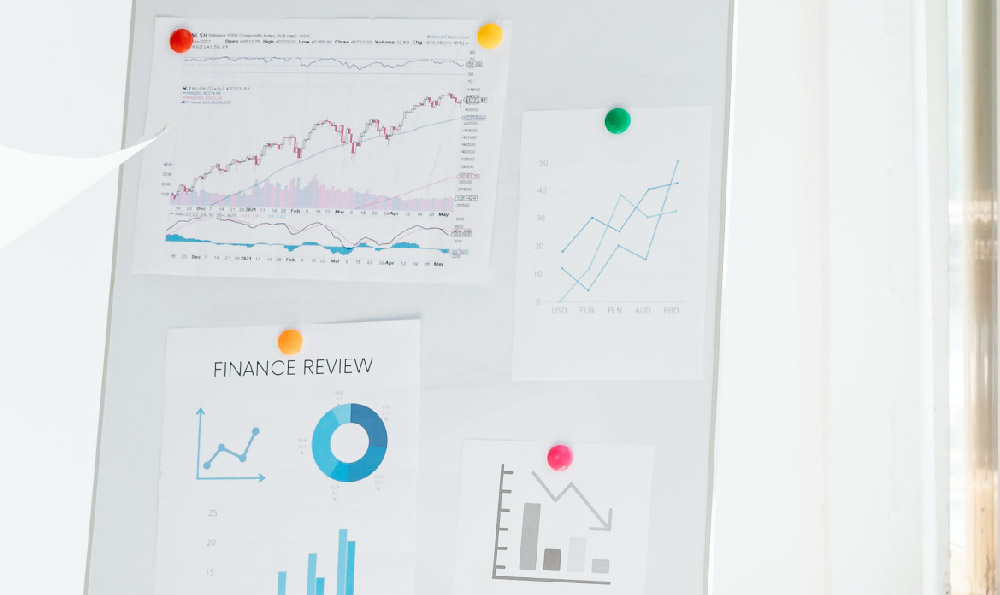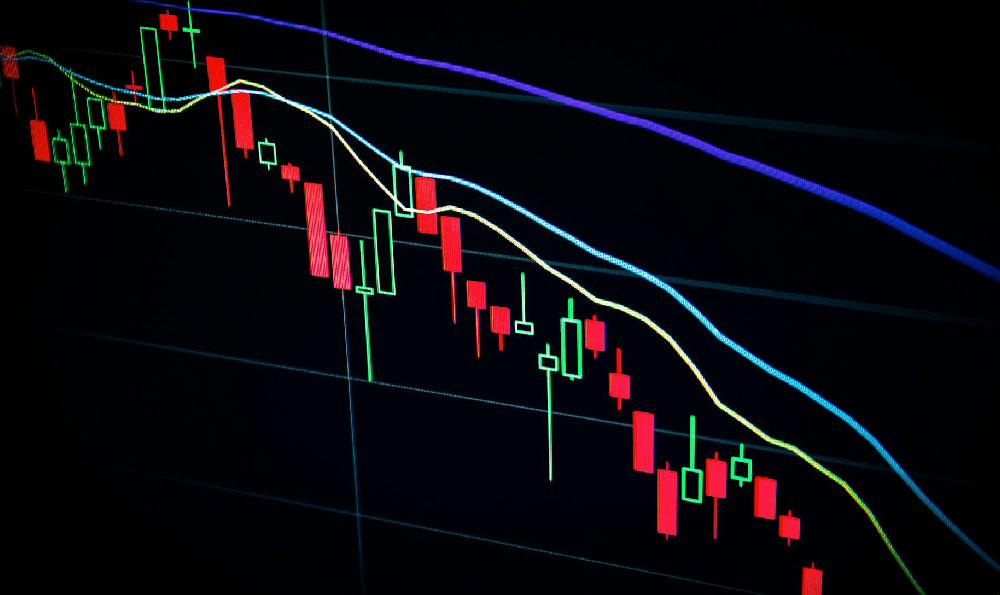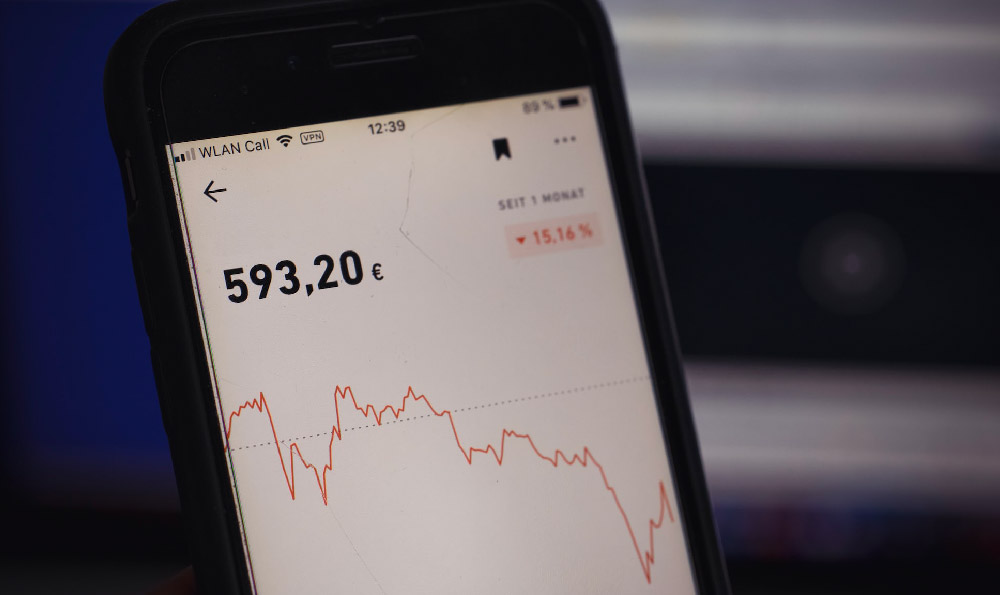Unlocking the Potential of the Recycling Market: Profitable Strategies and Risk-Managed Opportunities in a Sustainable Future
The global recycling industry has evolved beyond its traditional role as an environmental necessity, becoming a dynamic avenue for generating substantial returns. As governments worldwide intensify their efforts to combat waste and promote sustainability, the demand for efficient recycling solutions has surged, creating a fertile ground for entrepreneurs and investors. This shift is driven by a combination of regulatory pressures, technological advancements, and growing consumer awareness of environmental issues. To harness the lucrative opportunities within the recycling sector, a strategic approach is essential—one that balances profitability with long-term viability.
The foundation of a successful recycling business lies in understanding the intrinsic value of its operations. Unlike discretionary investments, recycling ventures are deeply tied to the physical and economic cycles of raw materials. For instance, the rising prices of aluminum, copper, and other metals have made scrap collection more profitable than ever. By analyzing market trends, businesses can identify which materials to prioritize and when to scale up operations. The key is to remain agile, responding to fluctuations in supply and demand while maintaining a consistent flow of resources. This adaptability not only ensures profitability but also mitigates risks associated with market volatility.

A critical component of profitability stems from optimizing the supply chain. The recycling process is influenced by multiple variables, including the cost of transportation, processing efficiency, and the accessibility of raw materials. By establishing partnerships with industries that generate waste—such as manufacturing, construction, and electronics—recycling businesses can secure a steady stream of inbound materials while reducing expenses. Additionally, investing in advanced sorting technologies or contract-based recycling agreements can further streamline operations, ensuring that only the most valuable materials are acquired and processed. These measures create a competitive edge, enabling businesses to operate at lower costs and higher margins.
Innovative financial strategies can transform the recycling business into a scalable profit engine. For example, leveraged financing models allow businesses to expand their operations without overextending capital. By securing loans or funding from environmentally conscious investors, entrepreneurs can acquire state-of-the-art equipment, such as automated sorting systems or eco-friendly processing units, which enhance productivity and reduce labor costs. Moreover, diversifying revenue streams through value-added services—such as recycling education programs, sustainability consultancy, or upcycling workshops—can generate additional income, making the business less reliant on a single market segment. This diversification not only ensures financial resilience but also aligns with the broader goals of environmental stewardship.
The role of data analytics cannot be overstated in modern recycling operations. By tracking metrics like material recovery rates, waste stream composition, and processing bottlenecks, businesses can refine their strategies for maximum efficiency. For instance, AI-powered sorting systems can improve the accuracy of material separation, reducing losses and increasing the value of extracted resources. Similarly, predictive modeling can anticipate market shifts, allowing businesses to adjust their focus before conditions change. These data-driven approaches not only enhance profitability but also optimize resource utilization, ensuring that every stage of the recycling process is as effective as possible.
However, the path to profitability is not without its challenges. Many aspiring entrepreneurs overlook the importance of regulatory compliance, which can lead to legal pitfalls and operational setbacks. As governments introduce stricter environmental standards, businesses must invest in certifications and adhere to guidelines for waste handling and material processing. Non-compliance can result in hefty fines or reputational damage, eroding the very trust that drives business growth. Additionally, the risk of market saturation is a concern, particularly in developed regions where recycling infrastructure is already well-established. To avoid this, businesses should focus on niche markets—such as medical waste recycling or rare-earth element recovery—where demand remains unmet and competition is minimal.
Another overlooked aspect of profitability is the integration of digital tools into operations. Online platforms can streamline the supply chain by connecting businesses with local waste generators and buyers in real time. For instance, mobile apps that allow users to track the value of recyclable items or schedule pickup services have proven highly effective in increasing customer engagement and operational efficiency. Additionally, blockchain technology can enhance transparency in the recycling process, ensuring that every transaction is recorded and verifiable. This level of accountability not only attracts eco-conscious investors but also builds trust with stakeholders, establishing the business as a leader in the industry.
The recycling market also offers unique opportunities for long-term value creation. As the world transitions toward a circular economy, businesses that specialize in sustainable resource management are positioned to thrive. For example, recycling companies that engage in upcycling—transforming waste materials into new products—can tap into a growing market of conscious consumers. Additionally, the potential for carbon credits is an emerging revenue stream, with businesses earning financial incentives for reducing carbon emissions through recycling initiatives. These opportunities highlight the importance of innovation and strategic positioning, allowing businesses to capitalize on the evolving landscape of sustainability.
Finally, the success of a recycling business hinges on its ability to navigate risks with precision. Market volatility, regulatory changes, and operational inefficiencies are inevitable, but they can be managed through structured planning. By maintaining a diversified portfolio of materials, investing in compliance frameworks, and leveraging technology for efficiency, businesses can create a resilient model that withstands economic downturns. Furthermore, fostering a culture of sustainable practices within the organization ensures that long-term goals align with operational objectives, creating a self-sustaining cycle of profitability and environmental impact.
In conclusion, the recycling industry represents a unique intersection of profitability and sustainability. By adopting strategic approaches that emphasize market analysis, technological innovation, and regulatory compliance, businesses can unlock significant financial returns. The key to success lies in understanding the broader context of environmental and economic trends, while remaining adaptable to evolving conditions. As the demand for sustainable solutions continues to grow, the recycling business is poised to become a cornerstone of the global economy, offering a promising avenue for both entrepreneurs and investors to achieve long-term financial goals.












